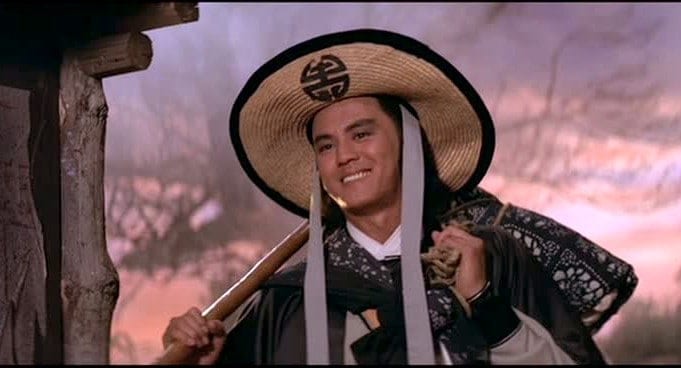German director Lars Ostmann (“The Island” 2018) continues his ode to deceleration with “Moving City”, his graduation project for the renowned film university Babelsberg. This time a salaryman tells a story of time and growth.
“Moving City” Screened at the All Asian Independent Film Festival

Divided into twelve episodes, the city person (Kuniaki Nakamura) leads the viewer through different concepts of time following a map that resembles his path of life. Minimal and fragile monologue accompanies POV-steady cam shots, mirroring the nowadays popular walking videos from Youtube. Nakamura's voice from the off cuts through the direct natural sound and light background music, which is used from time to time. In places, the young man hands over his leadership to visible interview partners to let them introduce their ideas on time.
Against the background of mountains, alleyways, seasides, woods, rice fields, and other sceneries, “Moving City” discloses the human perception of time and how the inner self affects this process. It also includes the circle of life, the inevitable death, and the unattainable wish for turning back time to gain unlimited freedom. Ostmann not only refers to the philosophical aspects, but the imminent and apparent like the dying of certain city districts, too. Life can be a dead-and and “Moving City” illustrates that literally more than once.
The main protagonist tries to escape the hectic city life and longs for a minimalistic and pristine lifestyle in an inartificial environment. Here, the film makes an effort to depict the contrast between velocity and slowness not only with regards to content but also on a formal level, using sounds, settings, and editing techniques. The calmness of Nakamura's voice as a steady anchor is positioned in the middle of this diversion of paces.
In the end, “Moving City” is a challenging film that demands a lot from the audience. Its slow and vague narrative opens a wide space for interpretation and creates a meditative mood. Recommended for reflective fans of unusual documentaries and the ones, who just need some time off.
















